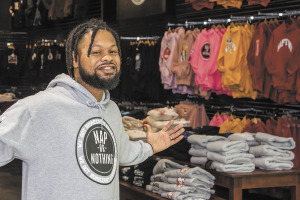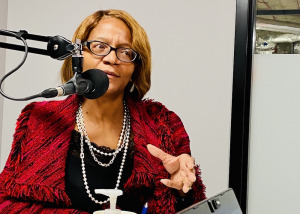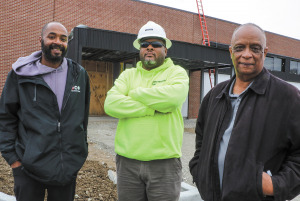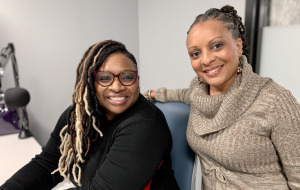Black quality of life initiative accepting first round of grant applications
The initiative is a partnership between the Indianapolis Urban League, the National Urban League and the African American Coalition of Indianapolis, and is funded with a $100 million Lilly Endowment Inc. grant awarded in August 2020.







